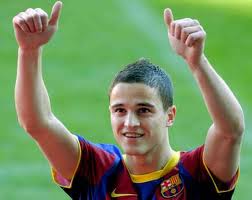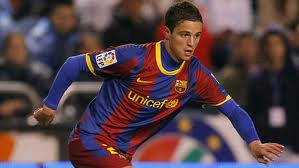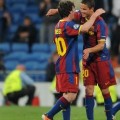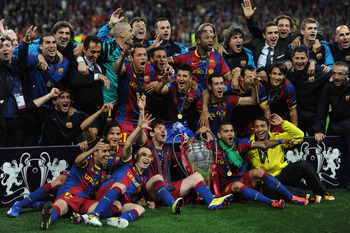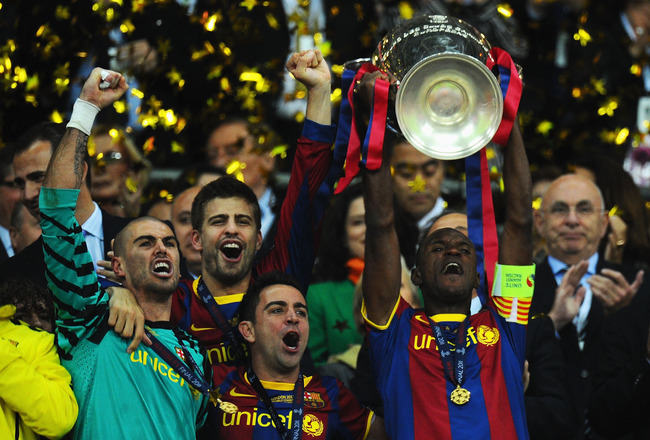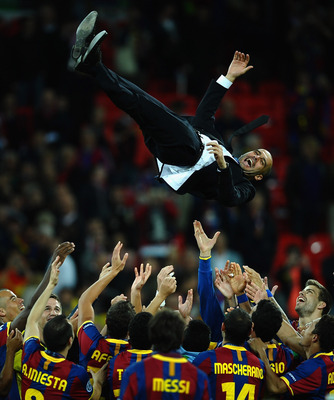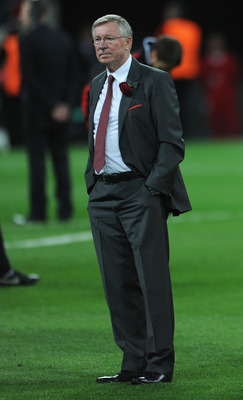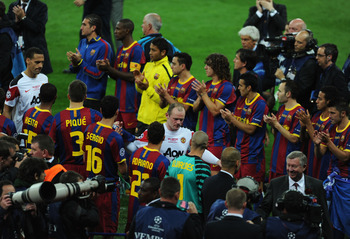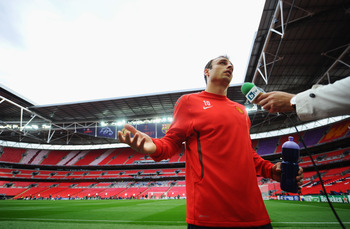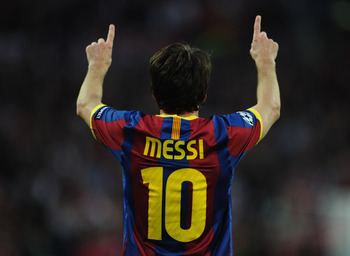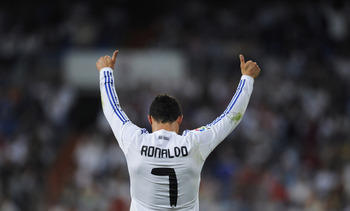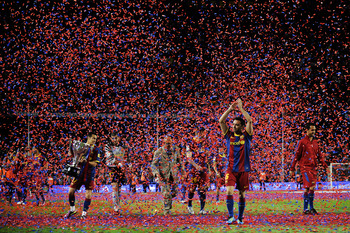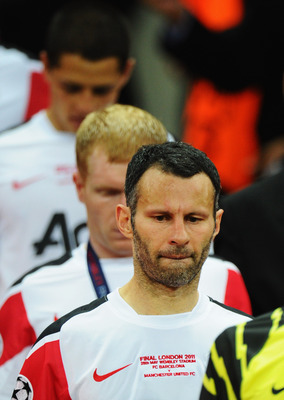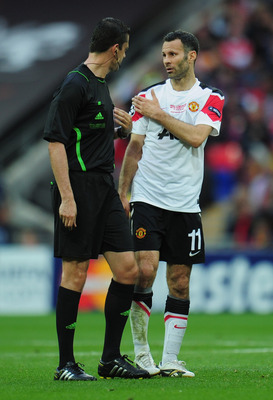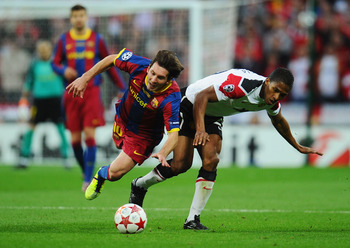Diminutive midfielder Andres Iniesta will always be remembered for scoring two of the biggest goals in the history of FC Barcelona and Spain's national team: in the 2009 Champions league and 2010 World Cup. SI.com's Richard Deitsch and María Poveda Lloret recently caught up with him:
SI.com: What is your favorite story of someone telling you what winning the World Cup meant to them?
 |
| Andres Iniesta's exploits for Spain were commemorated by the unveiling of a wax figure |
Iniesta: I've been told a lot of stories, and none of them have left me indifferent. Some of the stories were funny, others affectionate, and there were even amazing ones. There are people that got hurt celebrating the goal because others threw chairs into the air in the pubs, or climbed to the pub's bar. There are others that came to me explaining that they have dreamed about me scoring a goal the night before of the final game. There have been a lot of sincere and true stories. But if I have to pick up one among all these stories this would be the story of a family that got back together to celebrate Spain's victory at the World Cup. It was a divided family that made it up to celebrate the victory.
SI.com: What is your reaction when people say this Barcelona squad is among the finest to ever play soccer. Is that a fair statement?
Iniesta: Hearing this from people from the world of soccer is a big praise ("halago" in Spanish) to us. I think this should motivate us. And we should use it to try to better ourselves and keep people saying these nice things about us in the future. This team can keep on winning titles. Every year winning titles becomes a more difficult task and, because of that, winning must be a challenge that we have to overcome year after year. Only time will be able to confirm if we did it or not.
SI.com: Barcelona's dominance of possession is the identity of the club. Xavi said, "Combine, pass, play. That's football for me." Do you agree with him? Explain why?
Iniesta: I totally agree. This is what we have learned since we were children and started to play in "la cantera" (cantera means the club's youth team). So for us, this is soccer, the soccer we like and the soccer in which we believe and lead us to victory. We have grown up with a way of playing soccer and, fortunately, we keep it, we haven't lost it and we can accomplish it as well in the "first team" That's Barça's main victory.
SI.com: What do you enjoy most about playing on this current Barcelona team?
Iniesta: I enjoy small things: trainings, colleagues, other people from the "vestuario"( locker room). To me, it's not just the game itself; it is daily life what is most important.
SI.com: How many times have you re-watched the World Cup final against Holland? How does it make you feel when you see it again?
Iniesta: Well, I cannot tell you a number. Actually, I haven't watched the whole game many times. But what it is true is that I have revisited some plays or parts of the game many times. When I'm revisiting the game, a million of feelings, all of them wonderful, come to me. Winning was something awesome, incredible, beautiful, and very important for all of us.
SI.com: You have always been honest about how you're not fond of talking in public. How have you dealt with the increased demands on you to be more public since winning the World Cup?
Iniesta: Yes, that is true. I have always admitted that I prefer playing soccer than speaking in public, but doing this doesn't mean a problem for me. I mean, I know that it is a part of my job. What I do when speaking in public is trying to do it as best as possible and trying to make everybody comfortable with my words. Sometimes getting this is very difficult, but I try my best.
SI.com: Why did you decide to invest in the wine business?
Iniesta: This is a family business. My family has owned some vineyards for years and we used to pick personally these fruits (grapes). This is something very typical and characteristic from the region of Spain where I am from (region:Castilla-La Mancha. His town is called Fuentealbilla). Now, we've got the opportunity to make a winery to elaborate our own wine. It's true that making wine is a business, but I see it as a business to enjoy. The world of wine is very interesting. There are a lot of things that you don't know, and you get surprised when you get to know them. I can say that I'm getting to love the world of wine and am thankful to my family that I got in on it. I wish people could enjoy my wine when they taste it. I have put huge work on this project and I have to thank all the people that are helping me on it.
SI.com: Which players do you most enjoy watching on television when you are not playing and why?
Iniesta: I like to watch soccer, no matter what teams or players are in the field. I think I can learn from everybody, regardless what their names are. In the past, I had my idols but today I enjoy learning from all the soccer I watch.
SI.com: How often have you traveled to America? Do you have a favorite place in the States?
Iniesta: I rarely travel to America, only with the team to play some preseason game ("pretemporada" in Spanish) or for some special occasion.
